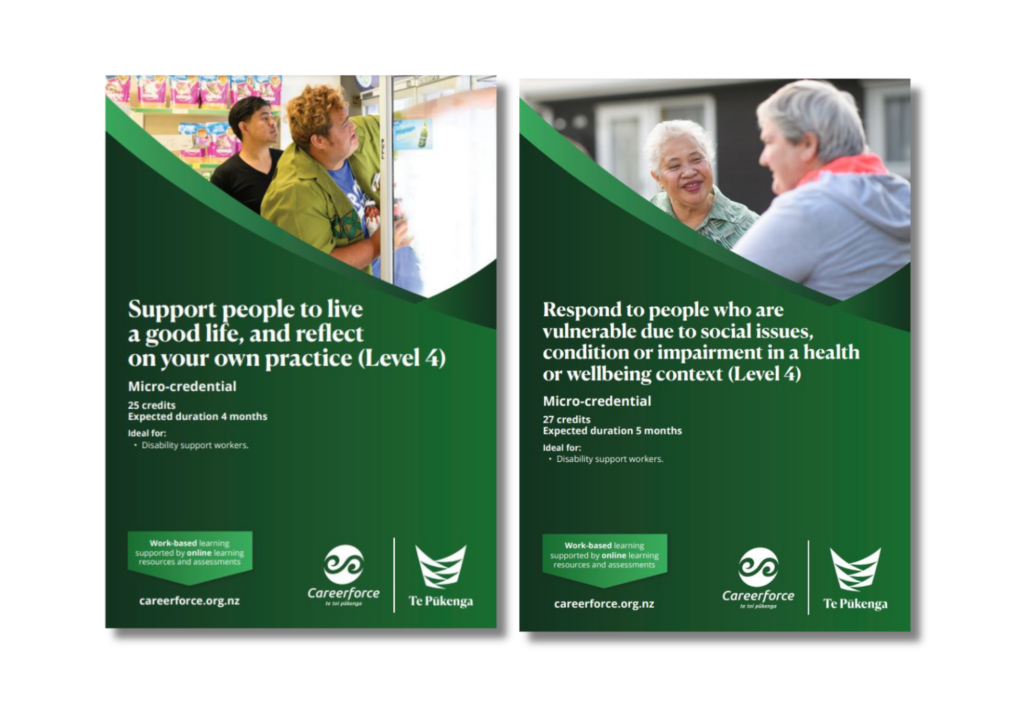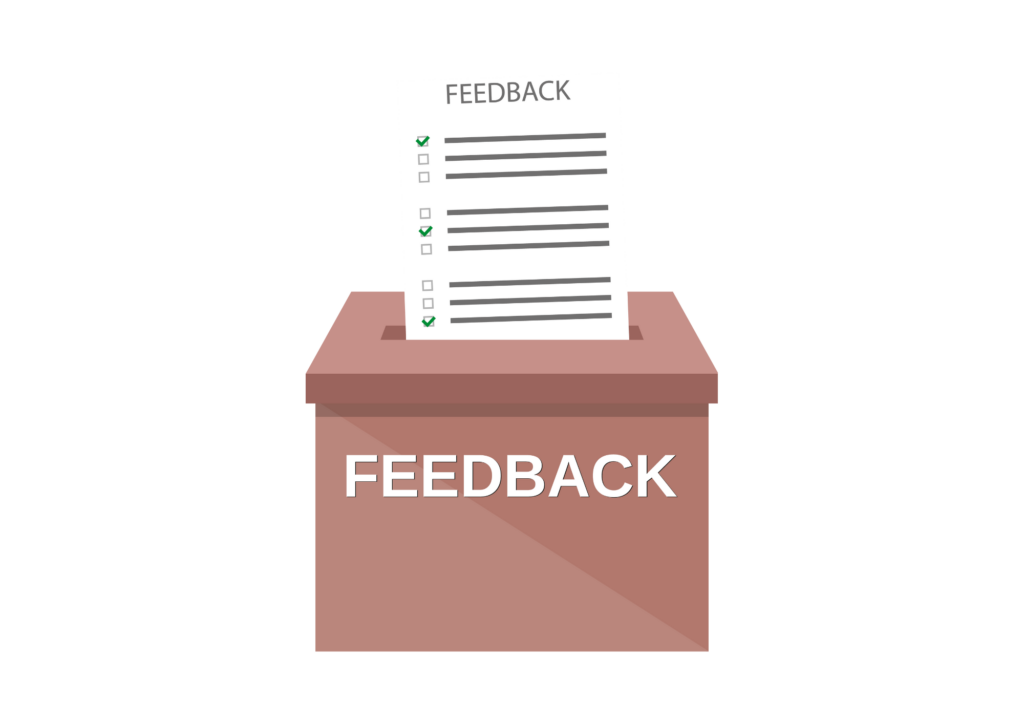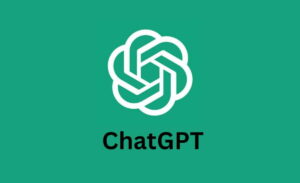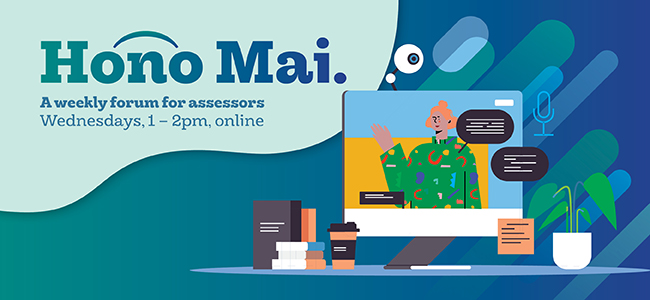The July 2023 issue of REAL Assessor News covers reporting overdue assessments, authenticity in the world of ChatGPT, how to give good feedback, assessor spotlight and more…
Reminder: Reporting overdue assessments via iportal
Earlier in May, we announced a new capability in iportal where trainees can report overdue assessments. Paper-based learners who have not heard back from their assessor within 15 days of submitting an assessment, can now report it via iportal.
Paper-based learners can report assessments that are overdue to be marked
As you are aware, the standard expectation is that assessments are marked within 10 working days. Within our Aka Toi e-learning platform, as everything is digitally time-stamped, we know when an assessment has been submitted, and when assessment marking is overdue.
However, for our trainees completing their programmes via paper-based learning and assessment, we have limited visibility of when assessments have been submitted to assessors or when assessment marking has become overdue. As a result, we have developed new capability in iportal for paper-based learners to report overdue assessments. Learners completing paper-based programmes, who have not heard back from their assessor within 15 days of submitting an assessment, will be able to submit a form via iportal.
New capability helps us identify workplaces that may require additional support
Careerforce are fully aware of the workplace pressures our assessors are under, and the work that our extensive network of assessors do is hugely appreciated. This form simply allows us to become aware of instances where additional support may be needed in the workplace, or even situations where a workplace assessor may have left the workplace.
Trainees without access to iportal can sign up, by visiting iportal and registering a new account. We encourage you to remind your learners to register, if they haven’t already. Iportal also gives them access to their own training progress reports, and access to learning and assessment resources via the Resource Library.
If you have any questions, please contact the Assessor Operations team via: assessor-admin@careerforce.org.nz.
New micro-credentials for disability support workers
Careerforce has released two new micro-credentials for the disability support sector. These micro-credentials are for people who completed a Health and Wellbeing apprenticeship with a different specialism and want to complete the disability specialism.
They are also suitable for people who hold the equivalence of a level 4 support work qualification and want to update their skills and have them formally recognised. Learners must be working under the Enabling Good Lives framework.
Coming soon: short presentation on Enabling Good Lives: Careerforce staff will also be hosting a short virtual presentation on the history of disability within Aotearoa leading up to the Enabling Good Lives initiative. This will be available for assessors to help understand and provide context around Enabling Good Lives. Dates and further information will be available soon.
 Support people to live a good life, and reflect on your own practice (level 4) micro-credential
Support people to live a good life, and reflect on your own practice (level 4) micro-credential
Learn more about this micro-credential
Respond to people who are vulnerable due to social issues, condition or impairment in a health or wellbeing context (level 4) micro-credential
Learn more about this micro-credential
Both micro-credentials have been developed to align with the principles and values of the national Enabling Good Lives framework and have included co-design and consultation with the New Zealand Disability Support Network (NZDSN), Careerforce’s Lived Experience Advisory Disability (LEAD) Group, Te Pūkenga representatives and organisations from the health and wellbeing sector.
Assessor Spotlight – Kanaka Surapaneni
Meet Careerforce registered assessor Kanaka Surapaneni, who works in Christchurch and assesses for the New Zealand Certificate in Health and Wellbeing levels 2, 3 & 4.
Where do you work and what do you do?
I work for Donaldson Residential Trust as a diversional therapist and also as a workplace trainer. As a DT, my role is to plan and implement meaningful activities that support the wellbeing of our lovely residents, who are intellectually disabled. One of my other responsibilities is workplace training, where I support staff with initial orientation and ongoing workplace training and development.
How long have you been at Donaldson Residential Trust?
I have been working with the Trust for the last eight years, and I started as a support worker. Once I achieved my qualification as a Diversional Therapist from Careerforce, I got promoted into the new role where I design and implement activities based on client needs, and also help staff with ongoing training. This motivated me to become an assessor, with the encouragement of Careerforce advisors who identified my skills. I took the next step and gained my qualification as a workplace assessor and currently also take care of workplace qualifications.
How long have you been a registered Careerforce assessor, and which programmes do you assess?
I have been an assessor for the last two years and assess for the New Zealand Certificate in Health and Wellbeing levels 2, 3 & 4.
How many colleagues have you supported to achieving their qualifications?
I have supported 10 colleagues to achieve level 3 and I am currently supporting another eight colleagues to gain their level 4 and level 3 certifications.
What gives you the most satisfaction from being a Careerforce assessor?
The most satisfying thing is seeing your colleagues being able to achieve qualifications and work with more confidence. I always have an opportunity to work closely with my colleagues and identify any problems they are facing while accomplishing a task, and therefore supporting them with appropriate strategies so that they can successfully finish any presented tasks.
What do you think makes a positive difference to learners doing their programmes?
Gaining industry-level training and qualifications will always empower staff. This not only benefits staff but also the organisation where the quality and productivity of work increases.
Receiving a skill level recognition and also a pay equivalent to the qualification achieved always keeps trainees motivated.
What keeps you busy outside of work?
I like to spend my leisure time gardening and cooking. I love my morning walks. I also volunteer for community organisations and help them fundraise during my free time.

Want to feature in the next assessor spotlight, or know someone who should? Send us an email!
Feedback – What is it, why it’s needed and what’s the best way to give it?
Feedback is the process of providing specific information relating to a person’s understanding, performance and/or actions.
In giving feedback to our learners, we are helping in providing them with guidance and motivation. Feedback is a part of the learning process. It enables the learners to understand what they have done well, therefore enabling them to repeat the process in future assessments. It also provides the learner with an accurate picture of how well they are performing and without that feedback, they may only have their own estimation of that. And finally, it will assist the learner in knowing how they may be able to improve their performance.

Feedback must relate to the specific task, skill or knowledge
When giving feedback it must relate to the task, skill or knowledge being discussed. Cite the specific behaviour, action, or answer that you want to provide feedback on and ensure your feedback is meaningful, relatable, and authentic.
For example: “I really liked the way you used the incident with Mrs Jones to illustrate how you showed dignity and respect to the client, well done.”
Remember the ‘Feedback Sandwich’
You can also ask the learner how they felt it went, and if there is anything they would do differently next time. One way in which to remember how to give good feedback is by using the ‘feedback sandwich’. It goes like this:
- Commend – give feedback on a part of a task that the learner did well; tell them specifically what was good about the way they did it.
- Recommend – Outline the specific areas in which they are not yet competent or can improve on. Tell them what they need to do to become competent.
- Commend – Finish on a positive note with encouragement so they are motivated to continue learning and developing.
Couple verbal feedback with written feedback – having a record of the feedback helps the learner to remember and assists when it comes to moderation.
Provide feedback in a caring way
Always provide feedback in a caring way, making suggestions, and not giving directions. People may not always remember what you said or what you did, but they remember how you made them feel (Maya Angelou).
Assistive Technology resources for learners with disabilities or English as a second language
Assistive Technology is an umbrella term encompassing computer software, online tools, and specialist equipment that ‘assists’ access to technology-based learning.
Ako Aotearoa, in partnership with Open Polytechnic | Te Pūkenga, has developed this resource to help educators/workplace trainers support learners with learning difficulties, neurodivergence or those with English as a second language.
The collection includes an overview of tools within Microsoft Office, browser extensions, low-vision learner tools, software, hardware, and simple apps.
Access the collection via Aka Aotearoa
There is also a free webinar to launch the collection but you need to be a member of Ako’s Manako Community of Practice Group to register.
Authenticity in the world of ChatGPT
ChatGPT is the latest Artificial Intelligence (AI) tool taking over the internet. It’s likely you’ve heard how capable it is at crafting detailed responses to questions, writing poems and translating languages. But when it comes to learners’ assessments, the use of ChatGPT is something we need to be on the look-out for.

What is it?
ChatGPT is an AI chatbot that uses natural language processing to learn from internet data to provide users with natural language written responses to prompts or questions. This chatbot can do a very good job of answering our questions in a way that is intended and meets the requirements of our assessor guidance, and therefore presents some challenges when considering authenticity of learners’ work.
What do you need to know about it as an assessor?
Since December 2022, there has been a noticeable increase in plagiarism because of ChatGPT use by ākonga (learners).
Here are some tips to look for when assessing a learner’s written work:
- Look for spelling inconsistencies e.g., USA spelling uses ‘z’ rather than an ‘s’.
- The trainee has left in the reference from ChatGPT.
- The example is too generic, or using an overseas model of healthcare instead of New Zealand.
- Declarative statement e.g., social problems like poverty or discrimination can have serious economic repercussions.
- Connecting phrase e.g., “for instance”, “for example”, “here are a few effects”.
- A list of 3 – 4 relevant examples, none of which actually get to any level of specificity.
- Below is an example from ChatGPT to show you the type of language it uses:

Plagiarism detection in general
Assessors are detecting more instances of plagiarism than ever. A reminder about plagiarism: Guidance for assessors – Plagiarism | Rise 360 (articulate.com)
There are lots of motivators for ākonga (learners) to seek shortcuts. Some are very real pressures but these are never excusable. Careerforce takes academic integrity very seriously and want to see our ākonga succeed. Plagiarism can be detected in lots of ways:
- Ākonga voice is ‘a little off’ – the writing is too formal, or doesn’t reflect the way the ākonga normally speaks/writes.
- Examples or explanations are of models that aren’t used in your workplace, or don’t reflect your workplace practices.
- References are made to clients which aren’t in your care.
We are seeing instances of learners paraphrasing or referencing their colleagues’ work – this is not okay either. Ākonga must demonstrate individual competency, they themselves are being assessed and they will individually be awarded the unit standards (and eventually the qualification), not a group!
Our ākonga are encouraged to demonstrate real world competency by talking about their on job experiences in assessment – this is always the best reflection of the learners competence, the ‘Gold Standard’. If you are ever unsure about the authenticity of a learners’ work then ask the learner to provide a real-world example from their work.
What should you do about it?
- Encourage learners to give an example from their workplace in their answers, so you know they ‘know the know’ and can ‘do the do’.
- Careerforce assessments have observations as well as ‘theory’ questions. Make sure that observations are completed and that comments written by the observers are clear and specific. Your observer is your ‘eyes and ears’ and the observation needs to paint a picture of your trainee and their practice.
- Have a conversation with your trainee to clarify what they have written. This is an additional check for you, the assessor, where the trainee can expand on their written answer and give an example of application in the workplace.
If you suspect a learner has plagiarised or got their answers from somewhere else please contact moderation@careerforce.org.nz or reach out to us during a Hono Mai session (see below) for more support. Further information can be found in our Assessment Procedures Manual.
Aka Toi is getting a face-lift
Careerforce’s e-learning platform, Aka Toi, is getting a new makeover in August. These updates will result in some downtime for Aka Toi at the time of the upgrade. The actual site navigation will remain much the same as the current site, with a new look in the branding (Te Pūkenga colours).
You can find the exact date and time for this work on your Aka Toi dashboard. We expect to roll out further enhancements over time to continue to improve the user experience. If you have any queries, or experience any issues at the time, please contact elearning.ops@careerforce.org.nz
Free enrolment on Health and Wellbeing Level 2 and 3

To help address workforce development challenges and financial pressures that many in our health and wellbeing sectors continue to face, we are offering a Winter Booster promotion.
- Free enrolment on all New Zealand Certificate in Health & Wellbeing Level 2 & 3 programmes – Employer-Led Enrolment
- Half-price enrolment on all New Zealand Certificate in Health & Wellbeing Level 2 & 3 programmes – Full-Service Enrolments
This is for domestic enrolments only. For employer-led enrolments, the employer assigns one of their own workplace-based staff members (registered assessor) to provide assessment support to the learner. For full-service enrolments, learners are assigned an assessor by Careerforce.
Promotion Duration – July/August/September
This offer is available until 5pm, Friday 29 September 2023. For more information, including terms and conditions, see our Winter Booster page.
2022 Annual Employer Survey – the results are in
Our sixth annual employer survey was conducted back in Nov/Dec, and while our response rate was lower than previous years, it was pleasing to see overall satisfaction remaining relatively stable with previous years.
As we have done for each of the last 5 years, we have spent significant time analysing the results, and all employer verbatim feedback to identify any themes emerging. We have distilled all this down into the report that we are now pleased to share with you – this details the topline results, key findings, and also shares the actions that we have committed to address areas of concern.
We hope you can take the time to review the report, and welcome the opportunity to discuss any aspects further. As always however, we do welcome your feedback at any time.
Read the 2022 Careerforce Annual Employer Survey
Join our Wednesday Hono Mai sessions
Last year, Careerforce launched virtual sessions to help provide assessors with mārama (clarity) or support with any assessment practice questions.
Hono mai (connect with me) is a virtual assessor forum open every Wednesday from 1– 2pm. A Careerforce moderator is available during each session to answer any of your burning questions and help you find clarity in your role as a Careerforce assessor.
Join the meeting via iportal
You can join the meeting link by logging into iportal. Just click on the ‘Hono Mai meeting for assessors’ menu option. If you get stuck, please email moderation@careerforce.org.nz

Encourage your learners to use iportal
The Careerforce Resource Library is accessible via a secure login on the Careerforce iportal site. While the Library contains downloadable paper-based learning resources, learners are also able to use their iportal login to access their own training progress reports. This gives learners a greater sense of empowerment and self-responsibility through their training journey, so we ask you to encourage your learners to register/use iportal for their benefit.

We do appreciate all the support and guidance you give to your learners. As usual, if have any questions, please don’t hesitate to contact us:
REAL Assessor News is a quarterly update sent to all Careerforce registered assessors. Archived copies of REAL Assessor News can be found under Assessor Toolkit.
 Close
Close

 Support people to live a good life, and reflect on your own practice (level 4) micro-credential
Support people to live a good life, and reflect on your own practice (level 4) micro-credential 





